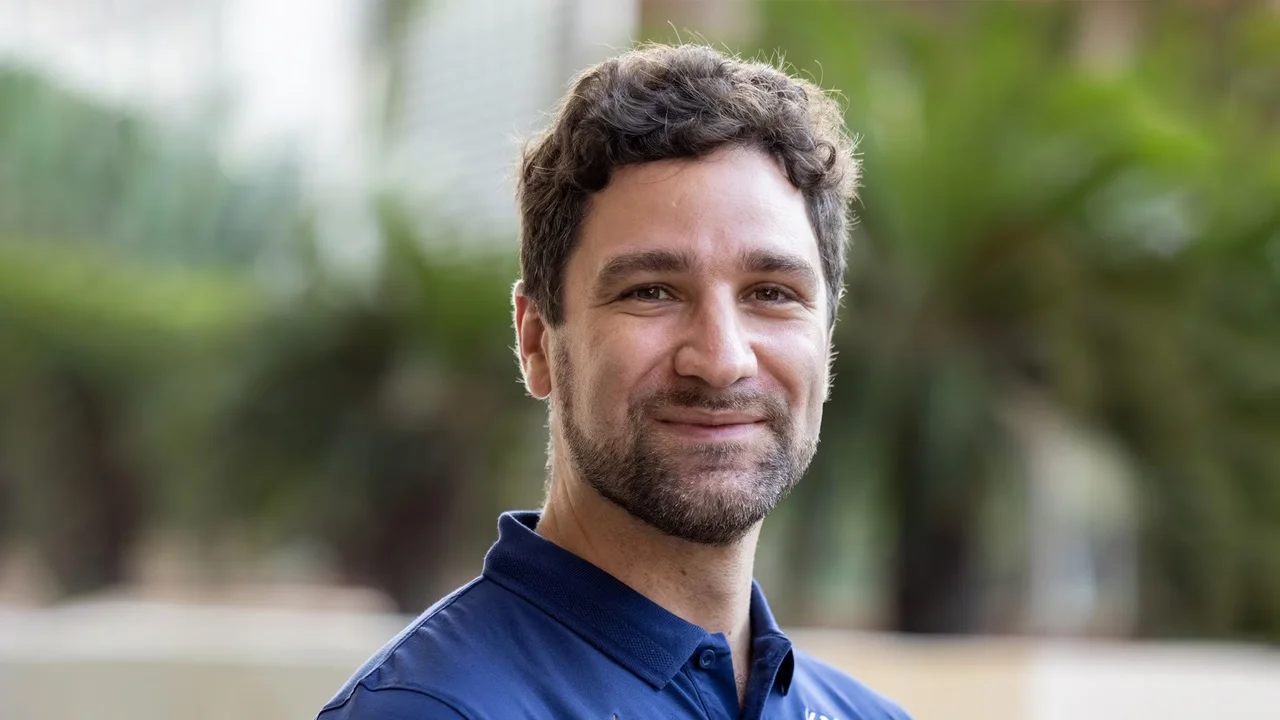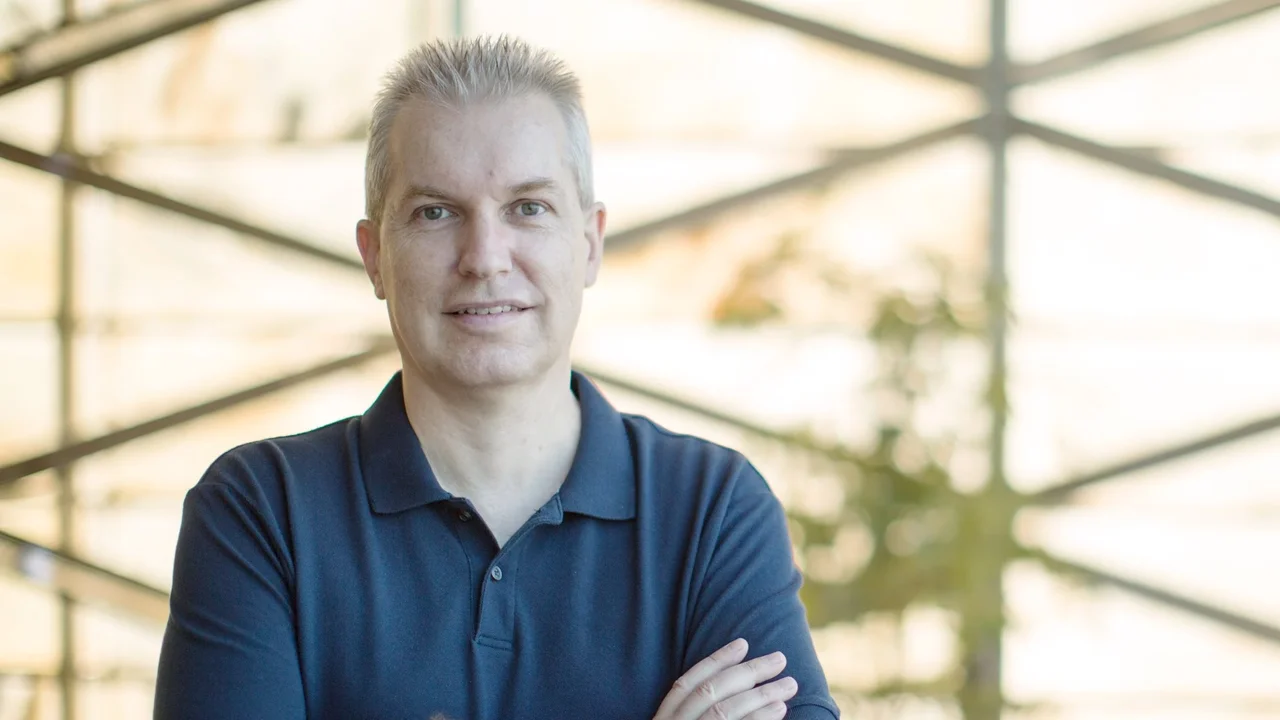
Extreme Events and Risk Analysis
Extreme events research at KAUST focuses on the study of rare, high-impact occurrences that significantly disrupt the norm, such as natural disasters, financial crises and extreme weather events.
Research Focus
Research in this field leverages computational and statistical methodologies to understand the underlying mechanisms of these phenomena and develop predictive models to anticipate their occurrence and mitigate their risk, involving fields like climatology, finance and engineering.
Related People
Biography
Raphaël Huser is an Associate Professor of Statistics and the principal investigator of the Extreme Statistics (XSTAT) research group. He is also affiliated with the Applied Mathematics and Computational Science (AMCS) Program.
Professor Huser received his Ph.D. in Statistics in 2013 from the Swiss Federal Institute of Technology, Switzerland, under the supervision of Professor Anthony C. Davison. He also holds a B.S. in Mathematics and an M.S. in Applied Mathematics from École polytechnique fédérale de Lausanne (EPFL), Switzerland.
After completing his Ph.D., Huser joined KAUST as a postdoctoral research fellow in January 2014. He was appointed Assistant Professor in March 2015 and promoted to Associate Professor of Statistics in 2022.
Research Interests
Raphaël Huser’s research primarily focuses on statistics of extreme events and risk assessment, including developing specialized statistical models with appealing statistical properties. Additionally, he studies efficient machine learning methods designed for massive datasets from complex spatio-temporal processes.
Huser’s novel methodological contributions are motivated and inspired by a wide variety of real data applications, which include the modeling of natural hazards in climate and earth sciences (e.g., heavy rainfall, heat waves, extreme sea surface temperatures, strong wind gusts, devastating landslides), the assessment of financial risk (e.g., turbulence in stock markets or cryptomarkets), and the characterization of brain signals during extreme stimuli (e.g., epileptic seizures).
Beyond creating new models with interesting statistical properties, one crucial aspect is fitting these complex models to big data. A critical area of Huser's current research is developing general-purpose, likelihood-free, fast and statistically efficient neural Bayes estimators. Being deeply anchored in statistical decision theory and relying on advanced deep-learning techniques, which makes them attractive both from a theoretical and a computational perspective, these estimators truly provide a paradigm shift challenging traditional statistical inference techniques for complex models with intractable likelihoods.
Huser, with collaborators, is contributing extensively to the early development of such estimators and their application to spatial (e.g., extreme) and multivariate models.
Education
Marc G. Genton
- Al-Khawarzmi Distinguished Professor, Statistics
Biography
Al-Khawarizmi Distinguished Professor of the KAUST Statistics Program, Marc G. Genton, is a specialist in spatial and spatio-temporal statistics with environmental applications. His work has revolutionized environmental data science, addressing large-scale problems involving spatial and temporal datasets. To emulate climate model outputs of more than one billion temperature data points, he developed 3-D space-time stochastic generators using spectral methods and fast Fourier transforms.
Genton is a fellow of the American Statistical Association, the Institute of Mathematical Statistics, the American Association for the Advancement of Science, and an elected member of the International Statistical Institute (ISI).
In 2010, he received the El-Shaarawi Award for Excellence from the International Environmetrics Society (TIES) and the Distinguished Achievement Award from the Section on Statistics and the Environment (ENVR) of the American Statistical Association (ASA). In 2017, he was honored with the Wilcoxon Award for Best Applications Paper in Technometrics. He received an ISI Service Award in 2019 and the Georges Matheron Lectureship Award in 2020 from the International Association for Mathematical Geosciences (IAMG).
He led a Gordon Bell Prize finalist team with the ExaGeoStat software at Supercomputing 2022. In 2023, he was awarded the Royal Statistical Society’s (RSS) Barnett Award for his outstanding contributions to environmental statistics. He also received the prestigious 2024 Don Owen Award from the San Antonio Chapter of the American Statistical Association and led a Gordon Bell Prize finalist team in Climate Modeling for the Exascale Climate Emulator at SC24.
In addition to authoring over 300 publications, Genton has edited a book on skew-elliptical distributions and their applications. He has given more than 400 presentations at conferences and universities worldwide.
Genton received his Ph.D. in statistics in 1996 from the Swiss Federal Institute of Technology Lausanne (EPFL), Switzerland. He also holds an M.S. degree in applied mathematics teaching, earned in 1994 from EPFL.
Before joining KAUST, he held prominent faculty positions at the Massachusetts Institute of Technology (MIT), North Carolina State University, the University of Geneva and Texas A&M University.
Research Interests
Professor Genton’s research centers around spatial and spatio-temporal statistics, including the statistical analysis, visualization, modeling, prediction and uncertainty quantification of spatio-temporal data. A wide range of applications can be found in environmental and climate science, renewable energies, geophysics and marine science.
Currently, he is developing high-performance computing tools for spatial statistics and expanding the capabilities of ExaGeoStat, the software developed by his Spatio-Temporal Statistics and Data Science (STSDS) research group and the Extreme Computing Research Center (ECRC).
An in-depth, five-year study of wind energy potential in Saudi Arabia, led by Genton, culminated in a comprehensive plan for developing the Kingdom's future wind energy strategy. With the help of apps and 3-D glasses, he has also demonstrated how virtual reality can help visualize environmental data on smartphones.

